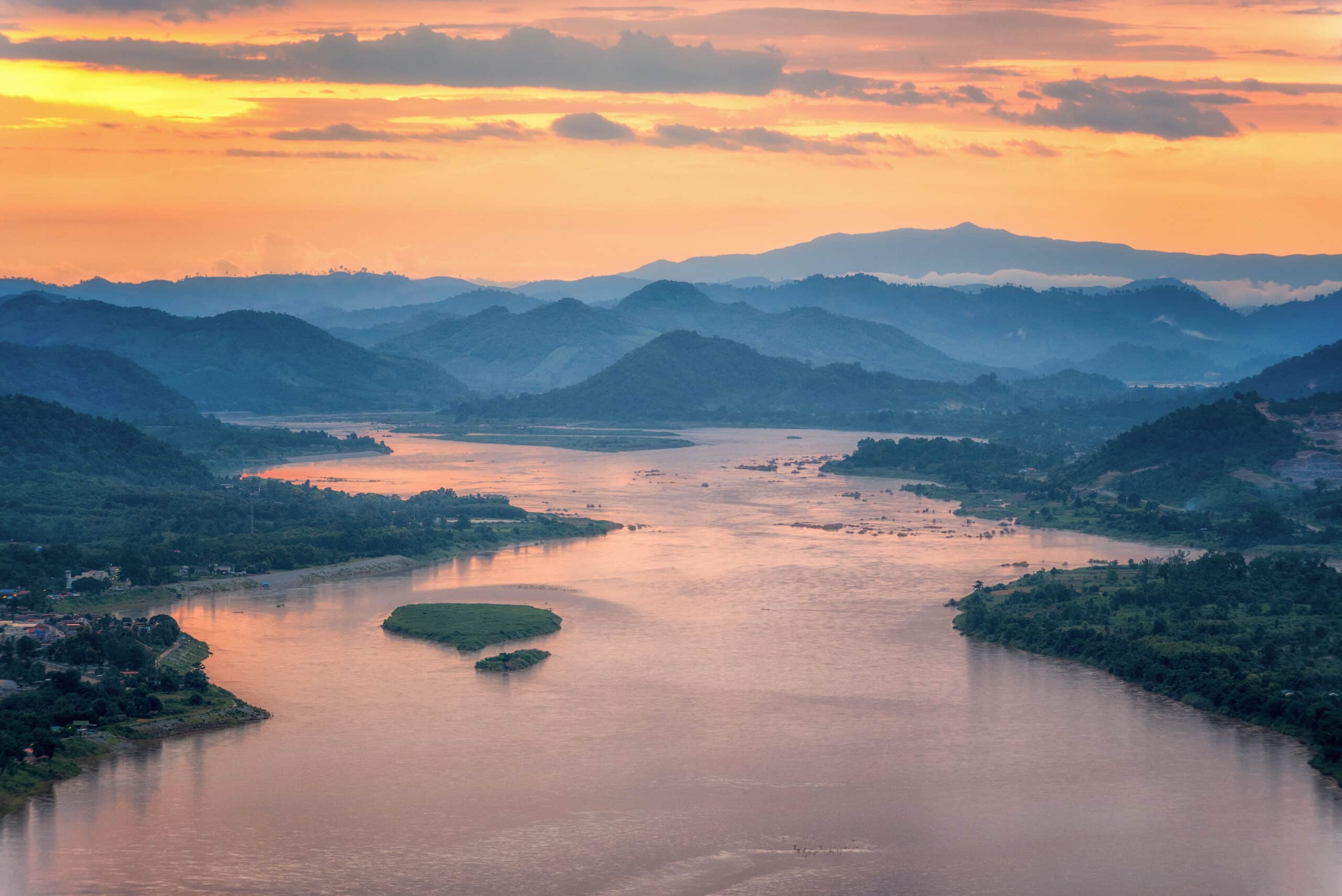SHOAL’s advisors provide expert knowledge and guidance on matters relating from technical to scientific, from industry to strategy. With SHOAL’s intentionally small secretariat, the advisors’ input is invaluable.
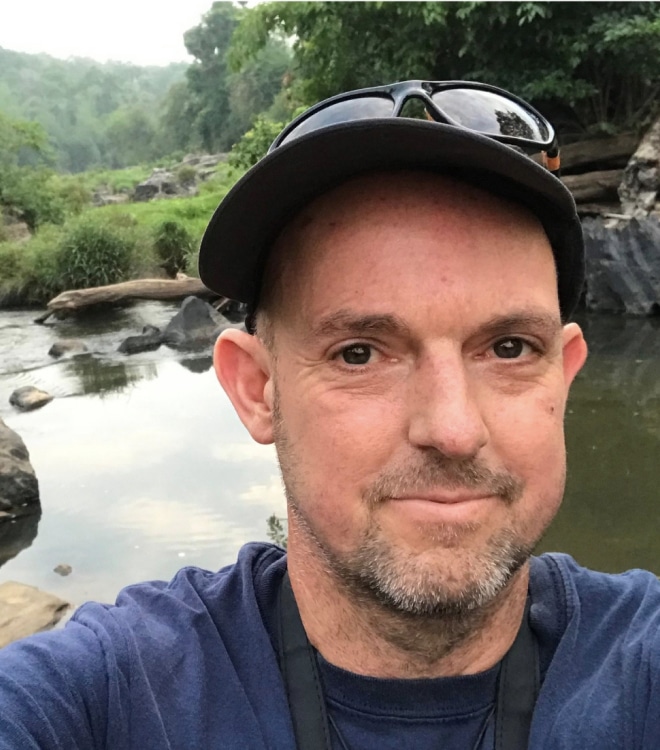
Dr. Adrian Pinder is a fish ecologist based at Bournemouth University, UK. With a career spanning 30 years he has published extensively on a broad range of disciplines including fish migration and early life history studies. Over the last decade, Adrian has dedicated his conservation research efforts towards the mahseers (Tor spp.) of South and Southeast Asia. He recently led the publication of Mahseer Fishes of the World and in 2020 was awarded a PhD in mahseer conservation. Since 2012, Adrian has been a driving force of the Mahseer Trust, where he currently serves as Chair.
Dr. Adrian C. Pinder
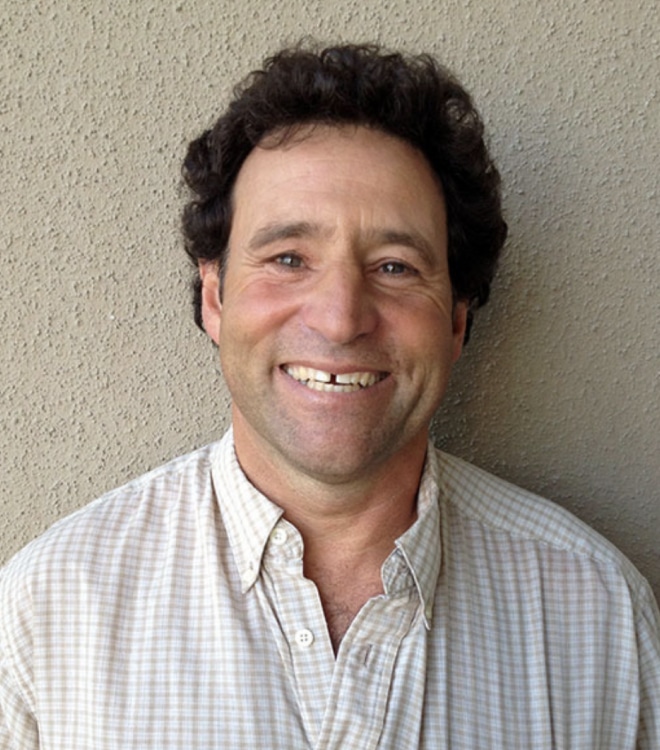
Bernie is a conservation entrepreneur. He helped start Freshwater Life to protect the most endangered freshwater species from extinction by eradicating invasive fish. Before Freshwater Life, he helped start a number of other conservation organisations and conservation leadership training programmes, including the Conservation Action Lab at UC, Santa Cruz where he is an Adjunct Professor.
Bernie Tershy

Brian Zimmerman is the Director of Conservation and Science of the Bristol Zoological Society, with Executive Board responsibility for BZS’s animals and keeper teams at Bristol Zoo Gardens and the Wild Place Project, as well as its veterinary services, its Institute of Conservation Science and Learning (including the Higher Education and Field Conservation and Science departments).
Prior to joining BZS, he was the Chief Zoological Officer at the Zoological Society of London. At ZSL, he created the Fish Net Programme, an international consortium of zoos, aquariums, research institutions and NGOs working to save threatened freshwater fish species from extinction. He has ongoing field projects for freshwater fish conservation in Greece and Madagascar. Brian sits on the European Association of Zoos and Aquaria’s (EAZA) Conservation Committee, EEP Committee and is the Chair of the Freshwater Fish Taxonomic Advisory Group for EAZA.
Brian Zimmerman

Dave Tickner is Chief Freshwater Adviser at WWF, based near London. He advises international river and water management programmes, leads a research portfolio, and engages governments, international organisations and companies on sustainability issues. Dave previously worked in the UK’s environment ministry before completing a PhD in freshwater sciences and then directing WWF’s Danube River programme. He has held non-executive and advisory roles in the private sector and is currently also a visiting researcher at the University of East Anglia, an Associate Editor of the academic journal Frontiers in Environmental Science, and a member of the UK government’s Darwin Expert Committee.
Dave Tickner
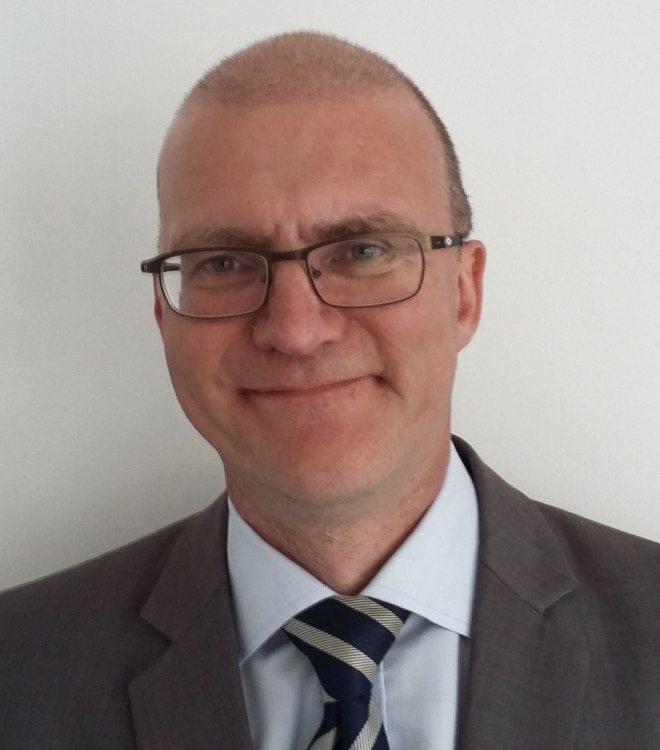
Dominic joined OATA in 2016 from the UK Department for Environment, Food and Rural Affairs (Defra) where he was Senior International Biodiversity Policy Adviser. Dominic worked in the civil service for over 20 years, latterly delivering CITES policy for the UK government and bringing more than two decades of work at national, European and international levels in highly relevant areas such as biodiversity and wildlife trade. He has extensive experience in the mechanisms of government and how to influence policy not just in the UK but also in Brussels and at global negotiations.
Since joining OATA he has become a Trustee and Vice-Chair of The Pet Charity (TPC), Vice-President of the European Pet Organisation (EPO) and a Steering Committee member of the Companion Animal Sector Council (CASC).
In his capacity as CEO he is also a member of the UK Lobbying Register.
Dominic Whitmee

Dr Sonja Luz currently holds a dual role as Vice President, Conservation, Research & Veterinary with Wildlife Reserves Singapore, as well as Deputy CEO of Mandai Nature. WRS is the operator of Jurong Bird Park, Night Safari, River Safari and Singapore Zoo. Mandai Nature is a Singapore-based non-profit conservation organisation, jointly set up by Temasek and Mandai Park Holdings, focusing on advancing efforts on nature conservation and climate change in Singapore and Asia.
Aside from overseeing the veterinary team at WRS, her work focuses largely on conservation and wildlife health issues of the ASEAN region. With a keen interest in strengthening the role of zoological facilities in species conservation, Dr Luz is also involved in many regional efforts around integrated and strategic conservation planning and conservation capacity building.
In her capacity as Deputy CEO at Mandai Nature, she is responsible for spearheading new collaborations with conservation partners to further drive species and habitat protection, community engagement and nature-based solutions for climate change in Singapore and Southeast Asia.
Dr Luz is a governing council member of the IUCN Asian Species Action Partnership and the Co-convener of the Conservation Planning Specialist Group SEA Resource Center, both hosted by Mandai Nature.
Dr. Sonja Luz
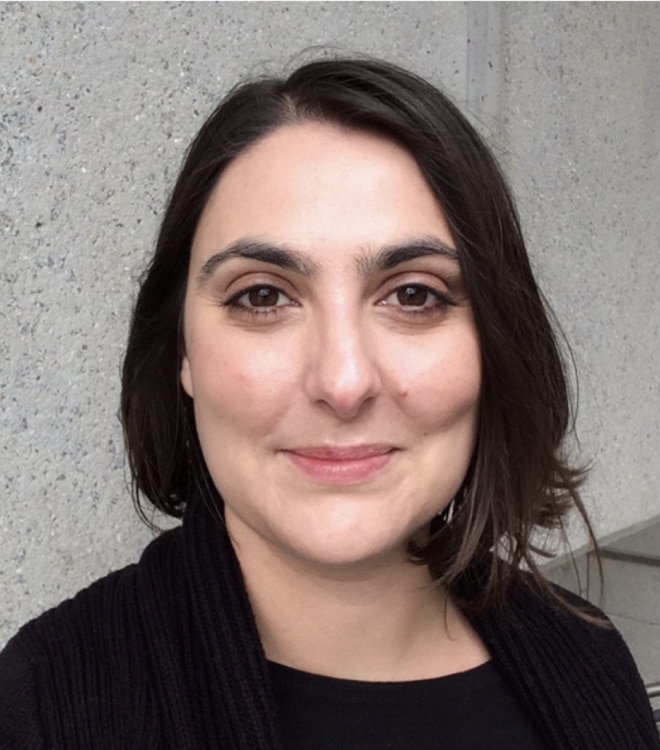
Dr. Eleanor Adamson cut her teeth on the large freshwater fisheries of the Mekong River Basin. A molecular ecologist by training, she spent time in Australia, Asia and Europe researching stock structure, systematics and biogeography of fishes before joining the Fishmongers’ Company in 2017 to advise on a range of science related fisheries and conservation programmes. She remains a Research Associate at London’s Natural History Museum.
Dr. Eleanor Adamson
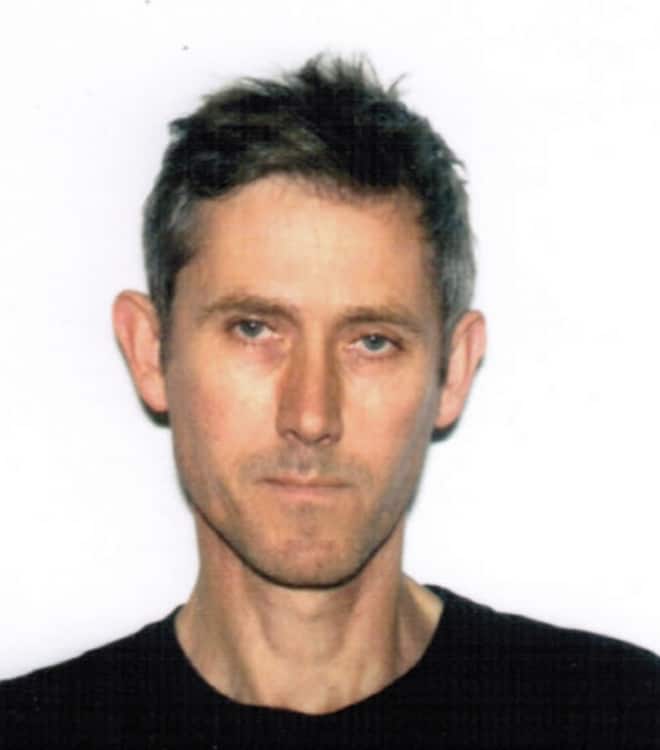
Ian Harrison obtained his Ph.D. in systematic ichthyology at the University of Bristol, UK. He has conducted research on marine and freshwater fishes from several parts of the world, including fieldwork in Europe, Central and South America, West and Western Central Africa, the Philippines, and the Central Pacific. He was based at the American Museum of Natural History from 1996 to 2008, conducting research on systematic ichthyology and freshwater conservation biology, before starting work with Conservation International (CI) and the Global Species Programme of the International Union for the Conservation of Nature (IUCN).
He is currently the Freshwater Specialist for CI’s Moore Center for Science, where he is helping develop CI’s Freshwater Science Strategy as well as CI’s broader, institutional-wide Freshwater Initiative. He has served as the Technical Officer for the Freshwater Fish Specialist Group of IUCN’s Species Survival Commission (SSC), is part of the Steering Committee for SSC, and co-chair of the IUCN-SSC Freshwater Conservation Subcommittee.
He is an Adjunct Professor for the School of Earth and Sustainability, Northern Arizona University. He is currently based in Flagstaff, Arizona.
Dr. Ian Harrison
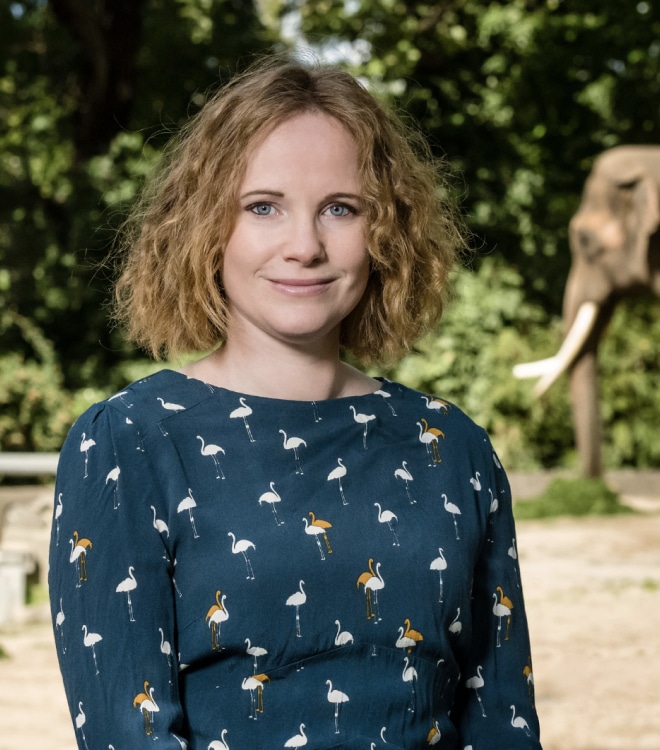
After her academic education with a focus on primates and field work in Madagascar, Vietnam and Indonesia, Johanna worked as the field programme coordinator for Southeast Asia at Chester Zoo in the UK and as the CEO of Stiftung Artenschutz, a species conservation organisation based in Germany. In 2018, she became the chair of the IUCN Species Survival Commission’s Wild Pig Specialist Group. Thanks to her strong interest in neglected species and desire to find synergies between taxonomic groups with more public interest and those with less, she is excited to get more involved in freshwater fish conservation. She hopes her expertise in Southeast Asia, where the situation of freshwater ecosystems is serious, can help SHOAL in their mission to conserve threatened freshwater species.
Dr. Johanna Rode-Margono
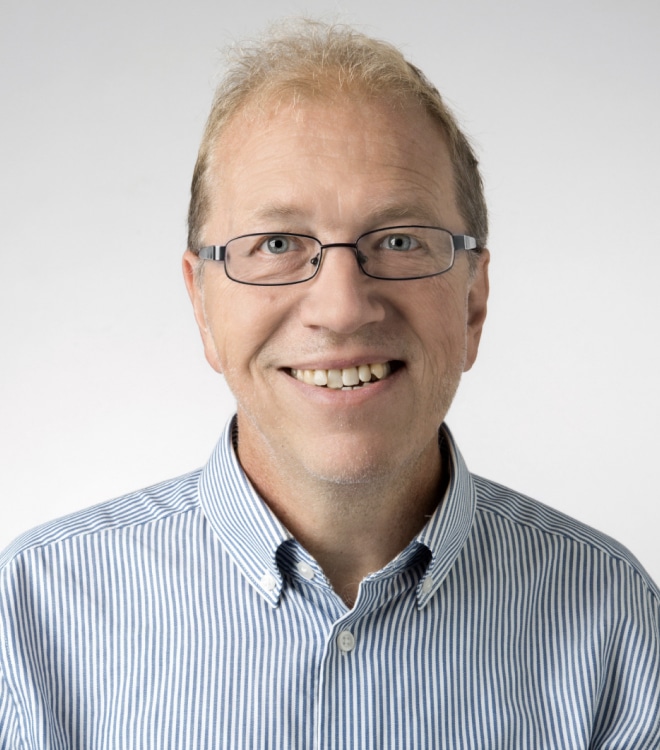
Jörg Freyhof is a biodiversity researcher and ichthyologist and has been dedicated to conservation since childhood. He is currently employed at the Leibniz Institute for Evolution and Biodiversity Science, Berlin, where he contributes to the development of the Centre for Integrative Biodiversity Discovery.
He is the regional chair of the IUCN SSC Freshwater Fish Specialist Group for Europe, North Africa and the Middle East and a Red List Authority for Freshwater fishes. He has led and participated in numerous projects and expeditions around the world, organising and conducting fieldwork into freshwater species. He has published many scientific papers about freshwater ecology and fish, as well as two books. He described more than 100 new species of freshwater fish and his work has been cited several thousand times.
Dr. Jörg Freyhof
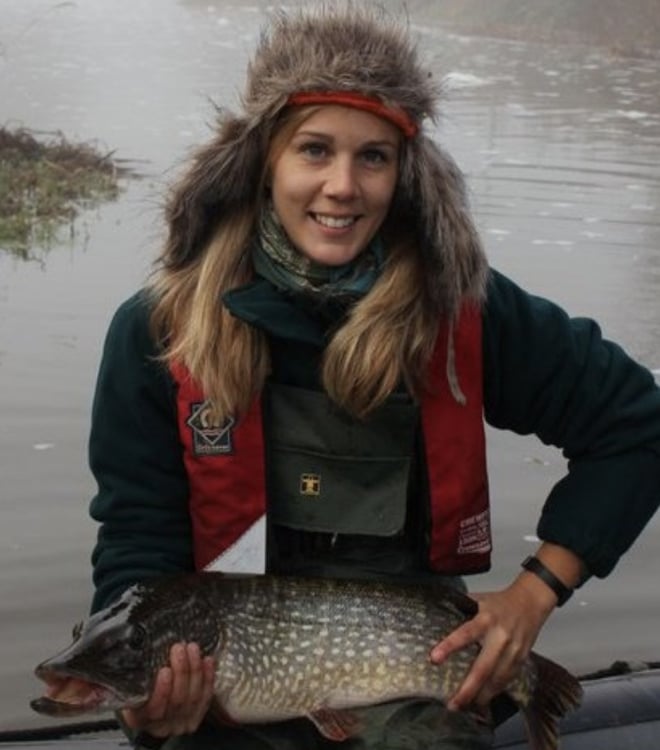
Kathy has worked for WWF for ten years where she has focused on the conservation of freshwater biodiversity. She is particularly interested in freshwater biodiversity monitoring, strategic programme implementation, freshwater protected area efficacy, river basin governance and inland fisheries. She became Co-Chair of the IUCN Freshwater Fish Specialist Group in April 2021, and is also an active member of InFish, the Inland Fisheries Alliance and the Alliance for Freshwater Life.
Kathy Hughes

Michael S. Cooperman has a Ph.D. in fisheries science from Oregon State University and a M.S. degree in the ecology of river-floodplain ecosystems from University of Montana. He is the founder of PlusFish Philanthropy, which is dedicated to promoting research and engagement to protect aquatic ecosystems and the benefits derived from them. He has led scientific efforts throughout North America, Amazonia, sub-Sahara Africa and South-East Asia. Michael is also Affiliated Faculty with the University of Montana’s Flathead Lake Biological Station, where he helped found the “Monitoring Montana Waters” program to provide technical and financial assistance to citizen-science groups.
Prior experiences include nine years as Fish and Fisheries Ecologist with Conservation International where his primary geographic focus was Tonle Sap Lake of Cambodia, a National Research Council Post-Doctoral Fellowship on Gulf of Maine Atlantic salmon, and post-doctoral position at University of British Columbia studying the physiological-ecology of Fraser River sockeye salmon migration.
He currently lives and works from his home in southern Vermont.
Dr. Michael S. Cooperman
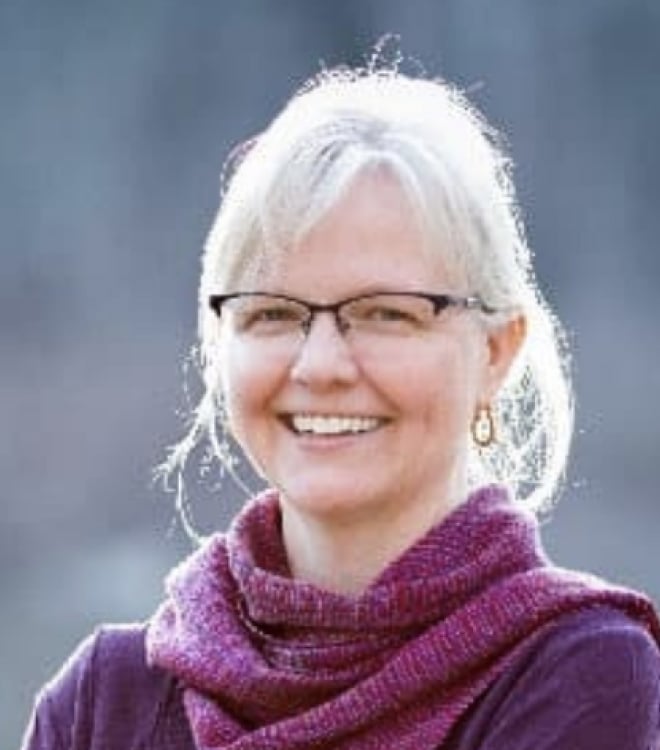
Michele Thieme is Deputy Director of Freshwater for WWF-US and supports WWF’s efforts to conserve freshwater ecosystems and manage river basins to support biodiversity and human livelihoods. She works with WWF offices around the world to build the resiliency of freshwater systems with a particular focus on river-related infrastructure, dams, and planning, as well as evaluation of basin health. Michele has 25 years of experience in freshwater and spatial planning with over 30 scientific publications. She holds a B.S. in biology from University of Virginia and a Master’s in Fisheries Science from University of Arizona.
Michele Thieme

A lifelong hobbyist from an early age, after studying Aquatics and Ornamental Fish Management, Nathan went on to work as an aquarist at a large public aquarium, as a manager with multiple aquarium specialist retailers, as a freelance aquarium journalist, a college instructor and lecturer on aquatics, and as a technical writer on the hobby and industry. His work has appeared over a range of publications and specialist websites including Reef to Rainforest, Tropical Fish, Reefs.com, Ultramarine and Planet Catfish, and his newest journal ‘fish’ was released in summer 2021.
Nathan Hill

Nerissa is a conservation biologist with nearly 20 years of experience managing and implementing conservation field programmes. She has wide ranging experience in the fields of species conservation, protected area management, human-wildlife conflict, community-based conservation, wetland management and sustainable aquaculture. She began her career in Botswana, before working in Gabon, Rwanda, Kenya and Vietnam for international and local NGOs, both within protected areas and on community land. Now in Singapore, Nerissa has been leading the IUCN SSC Asian Species Action Partnership (ASAP) since 2016, a conservation partnership platform with over 170 Partner organisations.
Nerissa Chao
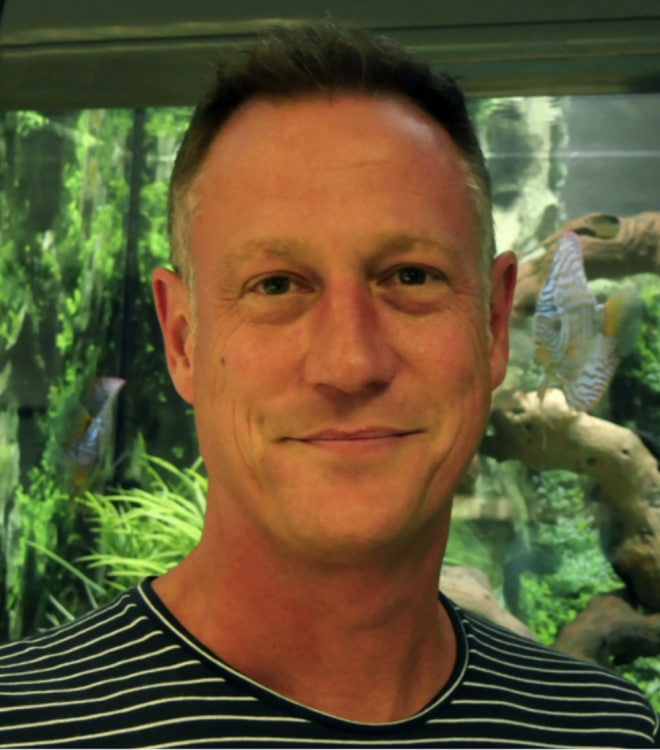
Pete has kept fish since he was 5 years old, starting with a goldfish won from a fair. His fascination with all things aquatic began to grow, and by the time he was 13, he was breeding clown fish. He has been working in the aquatics industry for over 30 years, in retail outlets, public aquariums, and zoos. He has a huge passion for fish keeping, fish welfare, and promoting and realising a responsible and sustainable hobby for new comers (and existing hobbyists). He has been proud to serve on the board of OATA (Ornamental Aquatic Trade Association) for many years.
After completing his degree in Freshwater and Marine Biology at Aberystwyth University, he went on to complete an NVQ level 3 in Retail Operations and a City and Guilds Zoological Animal Management qualification – qualifying him to manage, operate or own a zoo in the UK. He has worked in various aquatic retailers, from small specialist marine only retailers through to large chain national retailers, and zoos and public aquariums such as Bristol Zoo Aquarium, The At Bristol Project, and the Blue Reef Aquarium Group.
After several years working as a consultant to large overseas public aquarium projects, he returned to retail and joined Pets at Home. He started with Pets at Home working in stores before being promoted to Aquatic Operations Manager, a position he held for 11 years. During his time with Pets at Home he revolutionised aquatics and in store fish care, putting fish welfare firmly at the top of the agenda. The results saw huge rises in fish welfare standards, sales across all aquatic areas, particularly in fish and plant sales, and in customer satisfaction and success, whilst fish losses fell dramatically.
He is a huge believer in driving positive growth through increasing fish welfare and have worked with various companies such as CASCO Pet to develop and create simple and easy to access solutions to some of the most common fish care challenges. This has lead to several market ‘breakthrough’ products and in store fish housing systems which were deployed by Pets at Home, followed by various other retailers. These were ‘game changers’ in terms of increasing fish health, reducing fish losses, simplifying operations, and reducing tasks and time required to maintain in store fish systems. He has also co-authored, supported and guided several University PhD students’ research and turned the findings from this research into real world solutions which help reduce stress and increase the welfare of ornamental fish throughout the journey from fish producer to end customer.
Pete Carey
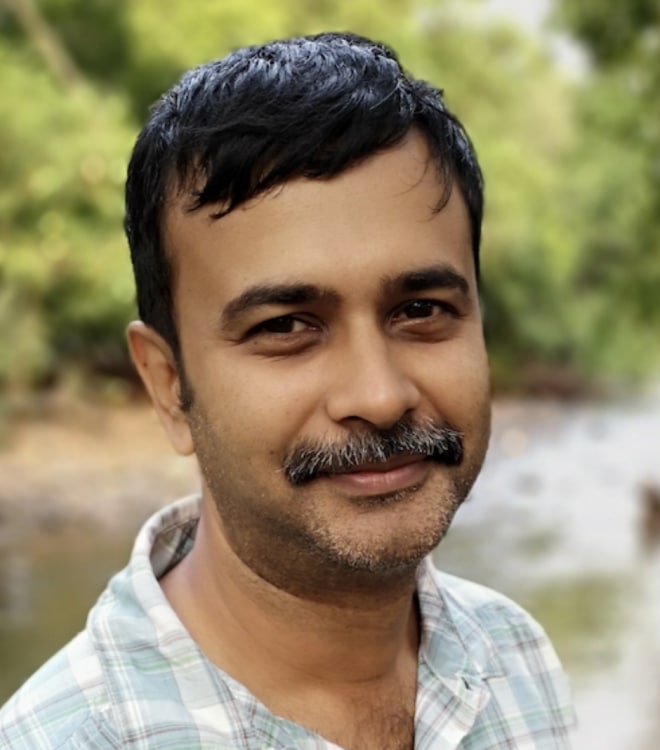
For the last 17 years, Rajeev’s work in the Western Ghats Biodiversity Hotspot has focused on issues related to freshwater fish conservation, including systematics, evolutionary biogeography, extinction risk assessments and inland fisheries management. He has published more than 170 papers on these topics.
Rajeev has described 20 new species, four new genera and two unique families of freshwater fish, and has had a snakehead fish (Channa rara) named after him recently.
Dr. Rajeev Raghavan
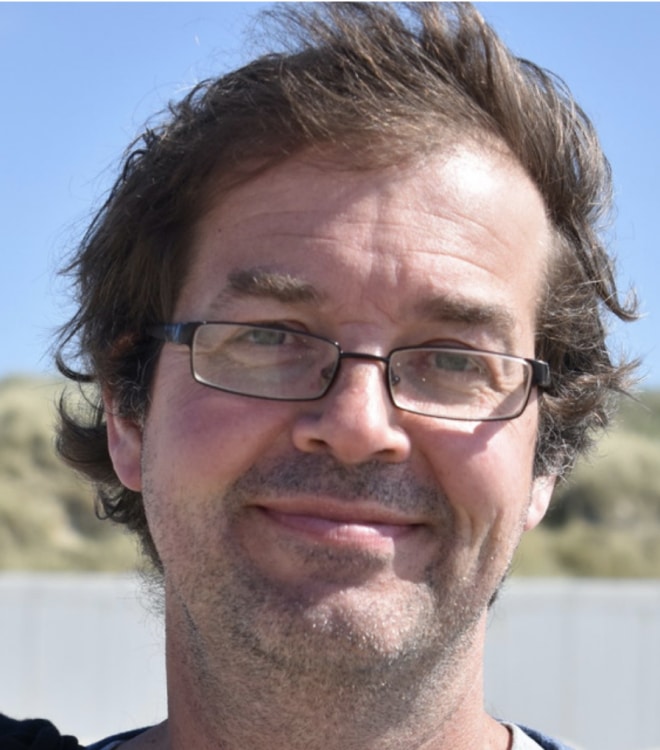
Richard Lee is the Communications Manager for WWF’s global Freshwater Practice, working to reduce ‘freshwater blindness’, increase public awareness about the importance of freshwater habitats and species, and push freshwater biodiversity up the global agenda. Richard has over 25 years of communications experience, including with the BBC, UN and Open Society Foundations. He has worked in a range of countries from Afghanistan to Zimbabwe and is currently based in the Netherlands.
Richard Lee
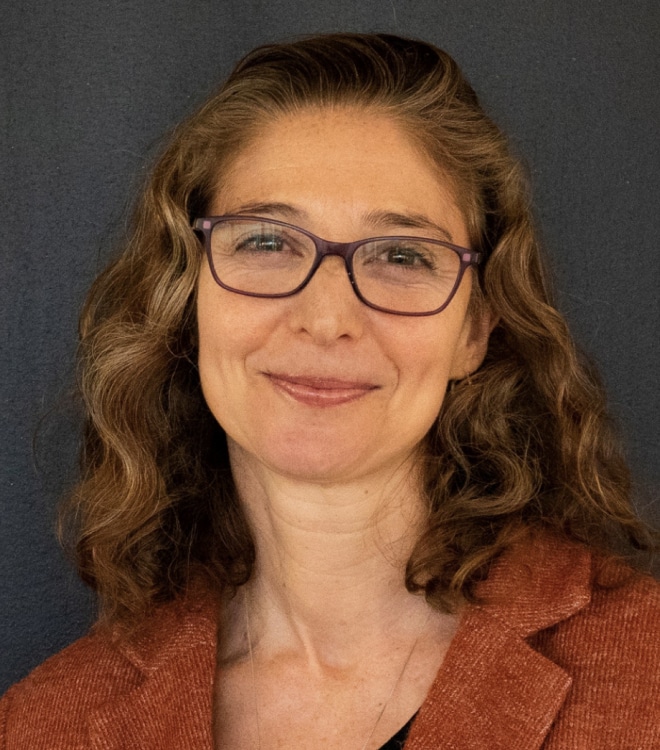
Robin joined Conservation International from The Nature Conservancy’s Global Water program, where she led an ambitious project to demonstrate and quantify the benefits of source water protection. Before that, Robin spent 17 years with World Wildlife Fund’s Conservation Science Program, where she led a team that produced foundational publications on freshwater conservation. Robin’s professional interests include freshwater biodiversity, freshwater protected areas, inland fisheries, corporate stewardship and conservation impact assessment. She holds a B.A. from Yale University and an M.S. in Aquatic Ecology from the University of Michigan’s School of Natural Resources and Environment.
Robin Abell
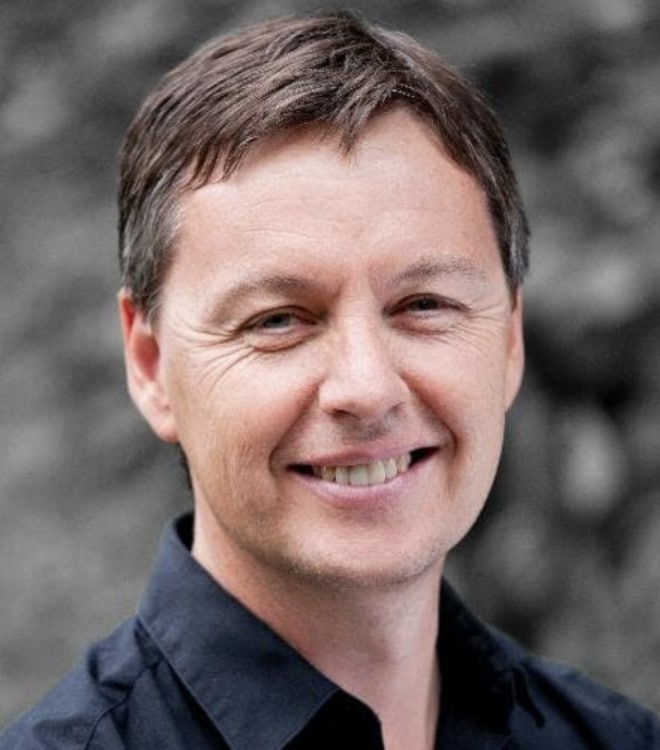
WWF has over 400 freshwater professionals working in over 65 countries. Stuart has spent his career devising and testing innovative approaches to freshwater conservation by engaging business and finance, and focussing on emerging themes such as the water-food-energy nexus, economic incentives, bankable financing and water-related risk. He has written numerous scientific papers and publications on issues ranging from corporate water governance to fish protein. Stuart holds an MSc in Environment and Development from the School of International Development at the University of East Anglia, UK.
Stuart Orr
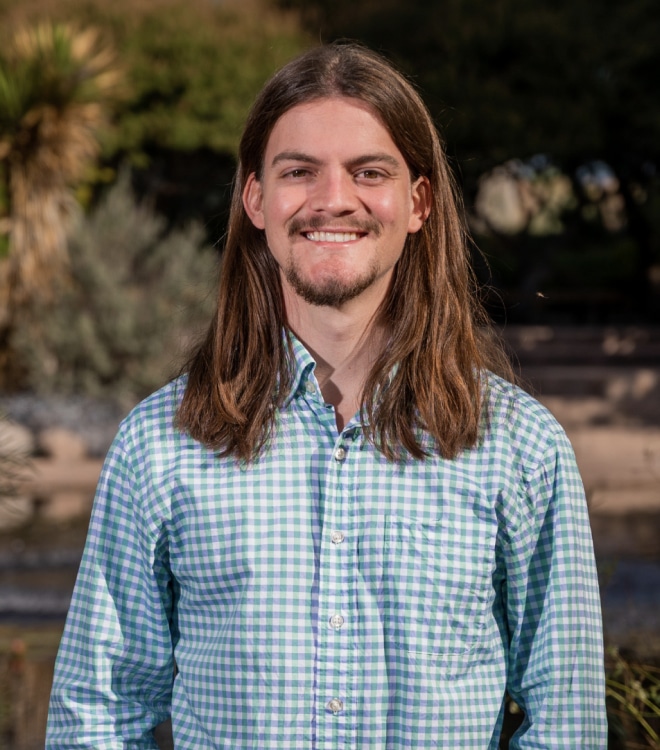
Tim supports the conservation of aquatic species by leading Red List assessment processes, planning initiatives, and capacity-building within the IUCN Species Survival Commission. He earned his M.S. in Fisheries and Aquatic Sciences from the University of Florida, where he focused on aquatic invasion ecology. Tim is fascinated by and actively supports collaboration at the nexus of science, industry, public aquaria, and hobbyist communities.
Tim Lyons
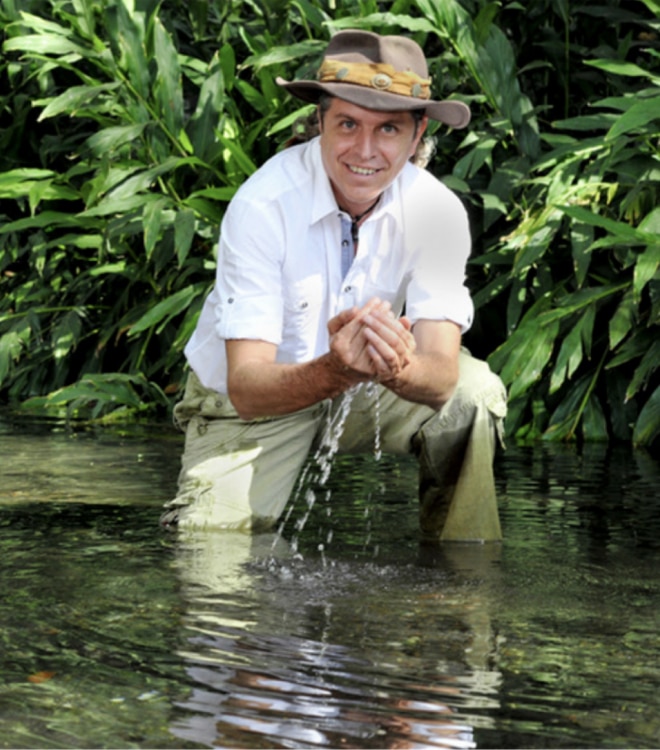
For the past 35 years he has been Professor of Ichthyology and Conservation Biology at the Autonomous University of the State Morelos, in central Mexico, where he is head of the Conservation Biology work group. His main research interests are thus related to freshwater ecosystems and endangered fish species conservation. He is involved in many international organisations: he is a founder and Regional Coordinator for Mesoamerica of the IUCN/SSC Freshwater Fish Specialist Group; he is Co-Chair of the IUCN/SSC Freshwater Conservation Committee and serves as a member of the Steering Committee of the Species Survival Commission at IUCN. He is also representative for Latin America of the International Association of Protected Areas (IAPA) based in China.
Dr. Topiltzin Contreras-Macbeath
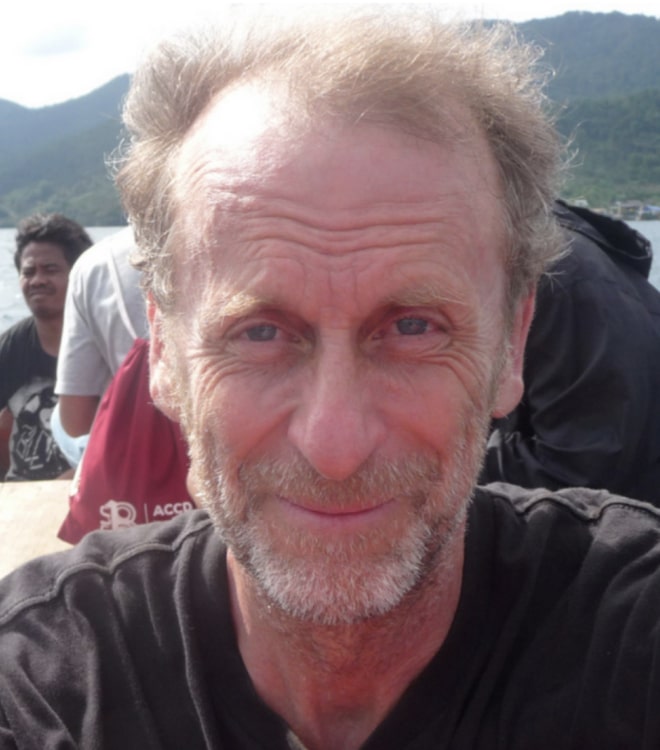
William has over 25 years experience working on and leading collaborative research projects on the ecology and conservation of aquatic ecosystems in developing countries. His current work with the IUCN focuses on implementing large-scale biodiversity assessments of freshwater systems: this includes an audit of threatened species for the IUCN Red List and the identification of Freshwater Key Biodiversity Areas (KBAs).
He has recently led a large project to assess freshwater biodiversity throughout continental Africa, and now manages a number of other related projects in Europe and Asia, with a focus on livelihood values of freshwater species. His experience includes research and conservation projects in Malawi, Tanzania and Ireland, and he has worked in commercial aquaculture in Scotland. He holds a PhD in Biological Sciences from the University of Hull (2004) as well as an MSc in Ecology and Evolution from the University of Utah and a BSc in Zoology from the University of St Andrews, Scotland.
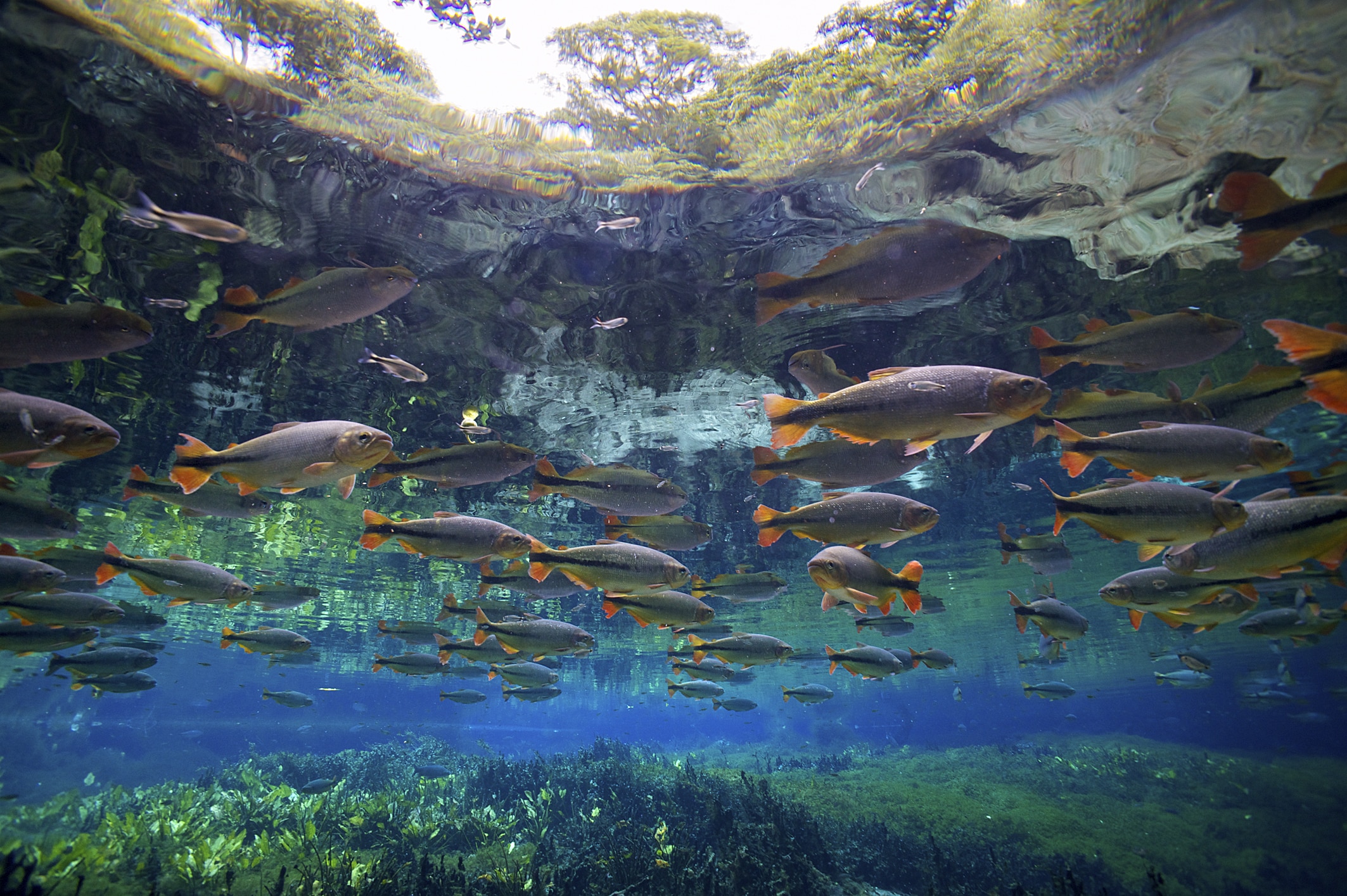
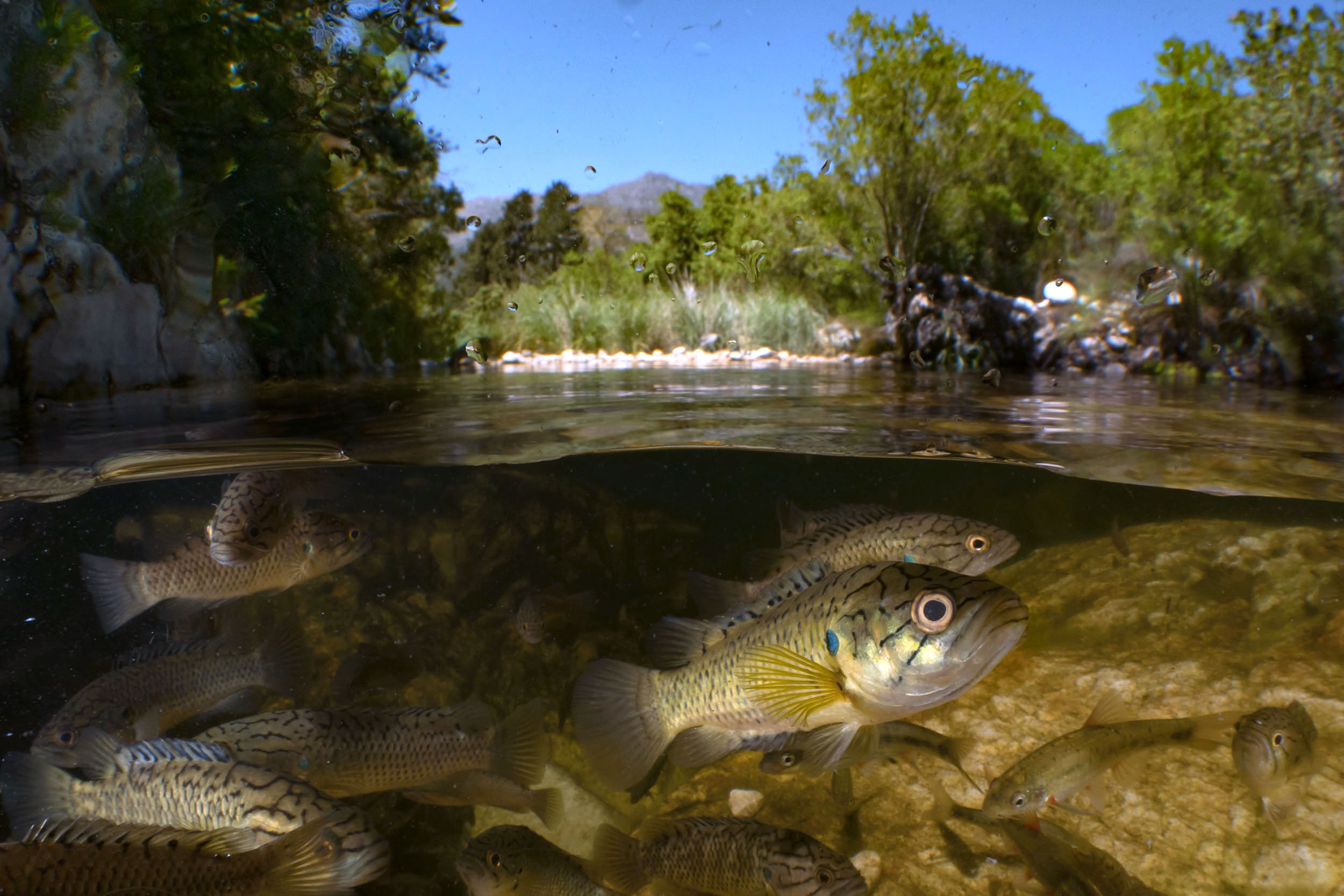
)
)
)
